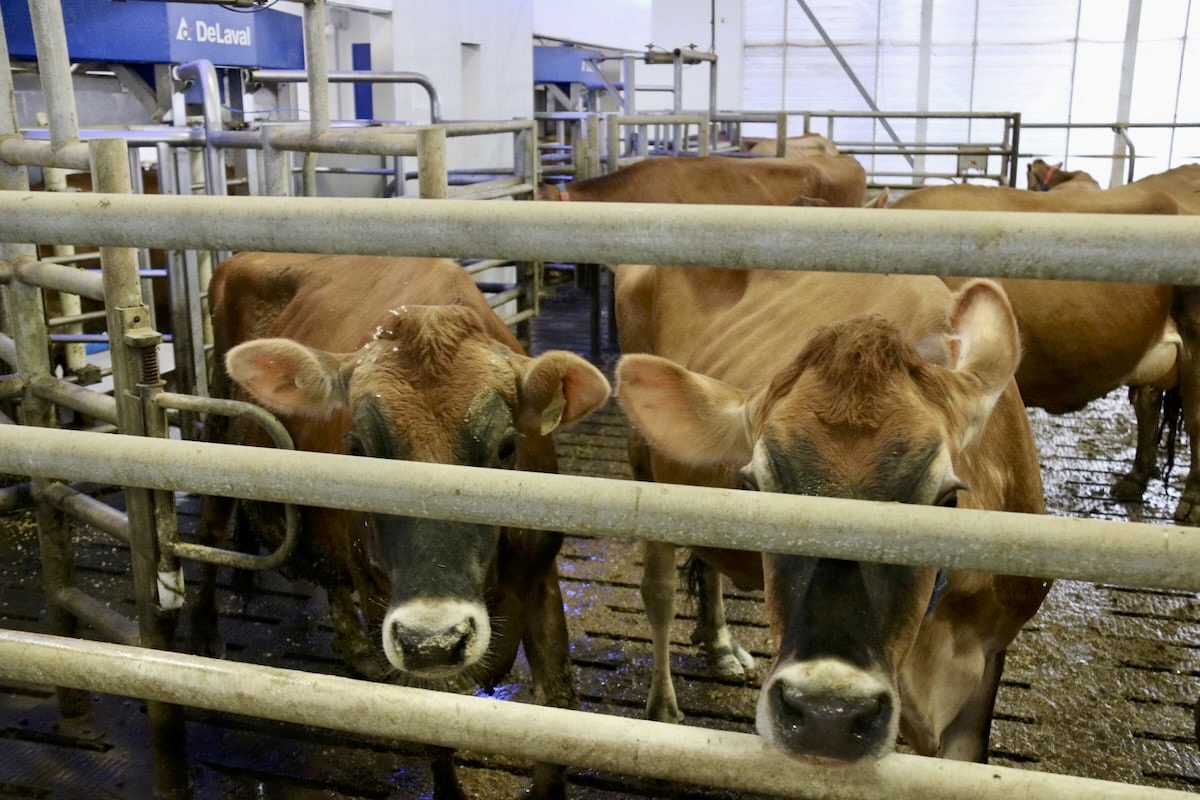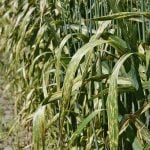Ontario grain farmers have teamed up with certified seed companies to invest an estimated $1 million in a new wheat breeding position at the University of Guelph.
In large part, it is a response to the steep decline in publicly funded wheat breeders in Eastern Canada. As Agriculture Canada researchers retire, they are not being replaced.
Federally funded winter wheat research, the mainstay of Ontario’s half billion-dollar wheat industry, now is mainly concentrated at an Agriculture Canada research centre in Lethbridge.
In the past three years, all four federal wheat breeders in Eastern Canada retired and were not replaced.
Read Also

Report details economic losses due to bird flu in U.S. dairy cattle
Report from Cornell University researchers details how much it costs to have a dairy cow infected with highly pathogenic avian influenza.
“I wouldn’t say this is a reaction to those changes because it certainly doesn’t replace it,” Grain Farmers of Ontario market development and research manager Crosby Devitt said in a June 26 interview.
“But it certainly is a recognition that investment in wheat variety research has been falling behind in Ontario.”
GFO and SeCan, representing certified seed companies in Canada, teamed up to announce the new University of Guelph wheat breeding professorship that could be staffed by early next year.
Devitt said soft winter wheat, primarily soft red wheat, is a crop that occupies a million Ontario acres and produces a crop of between 1.75 million tonnes and 2.6 million tonnes annually.
It is Ontario’s third largest grain crop behind corn and soybeans.
“But really, wheat variety advances haven’t been keeping up to market needs, and yields have been lower than for corn or soy,” he said.
The focus of research, directed by the industry, will be market user demands, yield, pest resistance and weather change resilience.
The GFO contribution to the million-dollar fund comes from check-off revenue paid by grain growers in the province.
During the Guelph announcement, GFO chair Henry Van Ankum said there is an “acute” need for increased wheat breeding in Ontario.
Much of the soft winter wheat production is used domestically in the cookie and pastry industry, but wheat also is an important export crop for Ontario agriculture.















